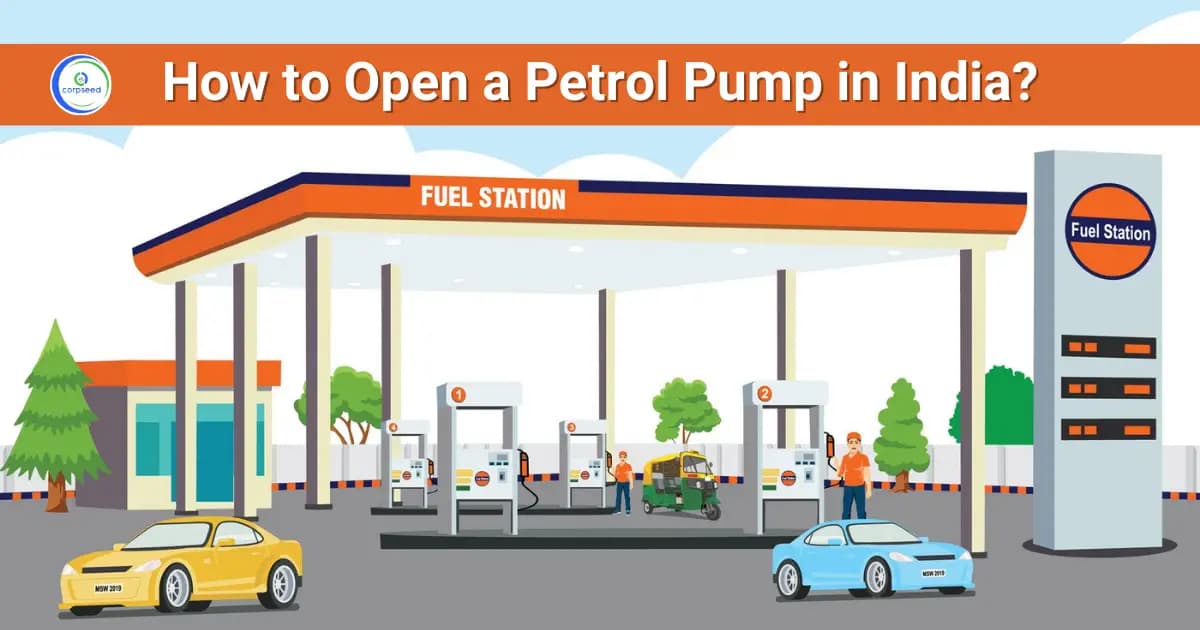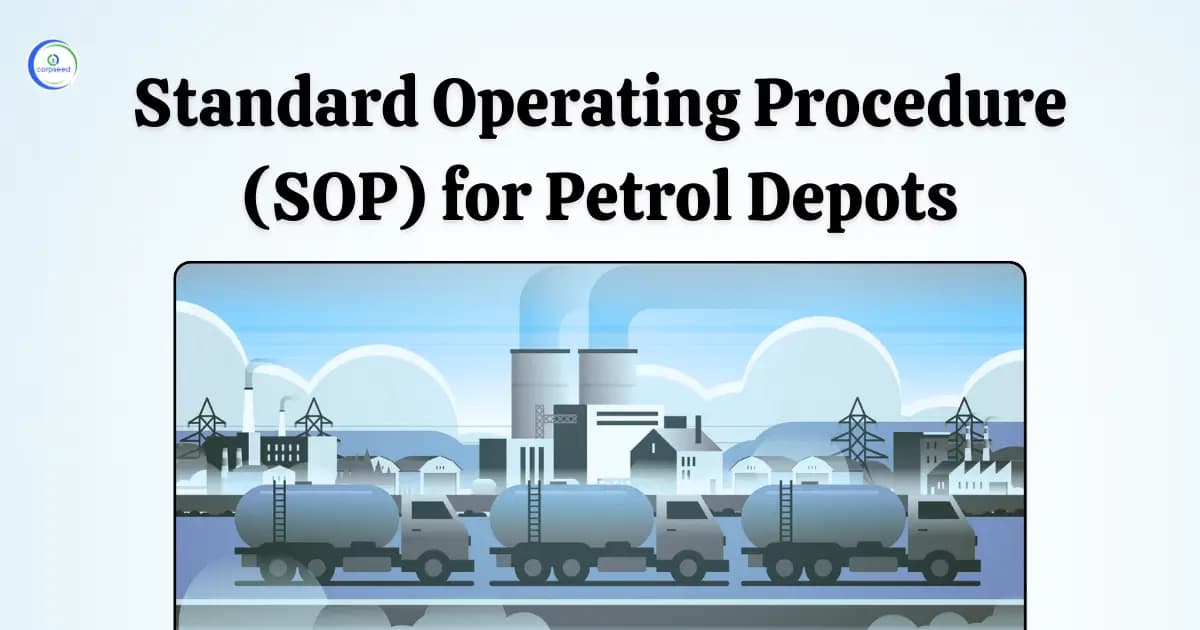
Loading...

Learn how to open a petrol pump in India with step-by-step guidance, required documents, benefits, and dealership models for entrepreneurs.
About the Author

A content writer with a degree in B.A LL.B. (Hons.) and LL.M. (Constitutional and Administrative Law) from NLIU, Bhopal. Apart from content writing, she is an avid reader, poet, and painter.
Related articles

Top 20 Most Profitable Business Ideas for the Future
2025-11-20

50 Best Small-Scale Manufacturing Business Ideas in India 2025–2026
2025-11-17

Standard Operating Procedure (SOP) for Petrol Depots
2025-04-10

How to Start an Online Retail Business: A Comprehensive Guide
2025-02-05

Why Every Entrepreneur Needs a Business Exit Strategy?
2025-01-21

Top 30 Small Business Ideas to Start In 2025
2025-01-09